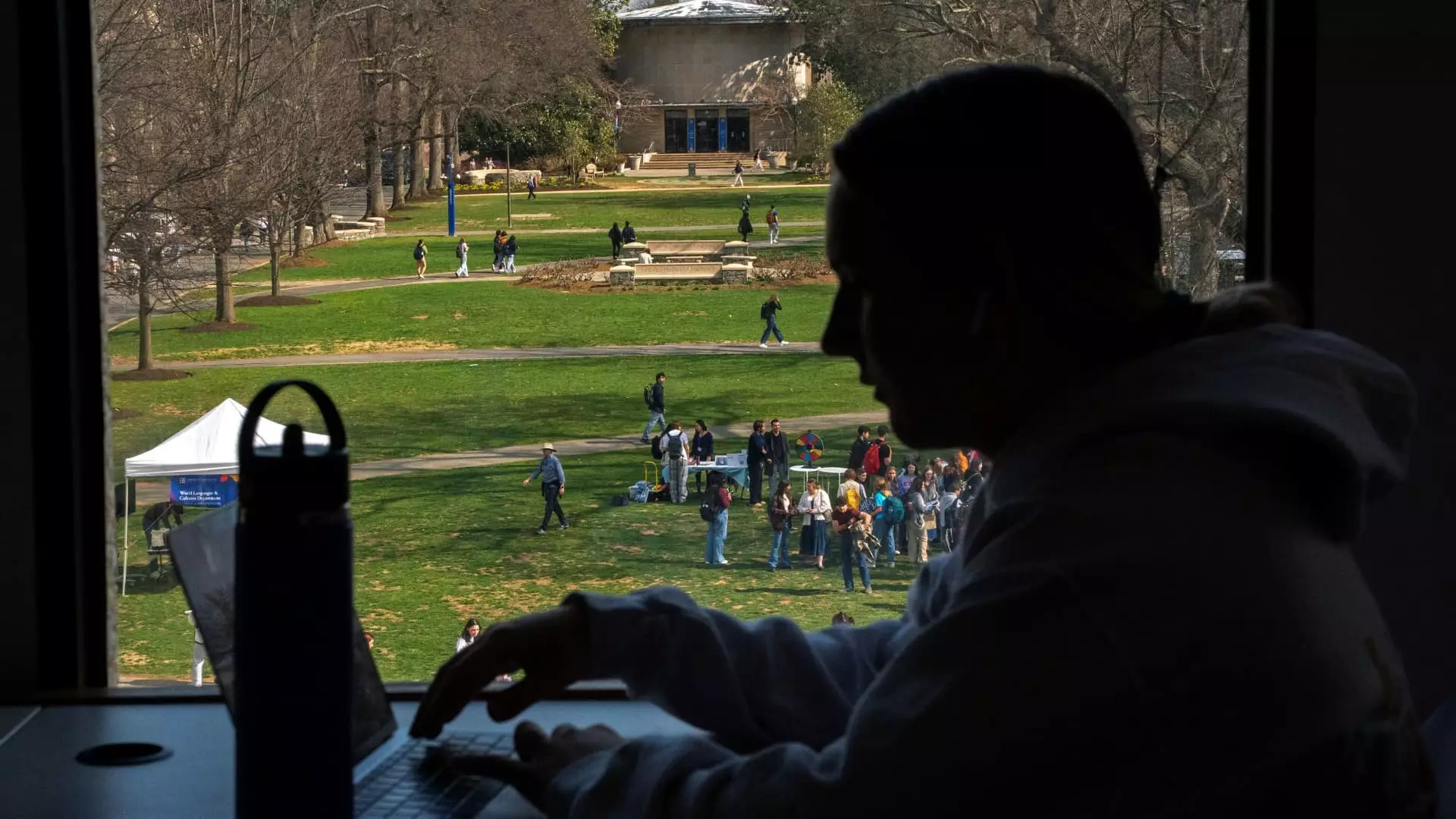The current trajectory of student loan forgiveness policies exemplifies a concerning trend toward politicization and uncertainty that jeopardizes the very ideals of equitable access and public service support. The Trump administration’s recent move to restrict eligibility for the Public Service Loan Forgiveness (PSLF) program reveals a broader attempt to manipulate borrower benefits under the pretext of national security. However, this approach unfairly penalizes countless hardworking individuals—teachers, healthcare workers, government employees—who have dedicated a decade of their lives to serving their communities. The administration’s vague and arbitrary criteria for determining an organization’s qualification status threaten to turn a well-intentioned program into a tool of political favoritism, creating a landscape fraught with confusion and injustice.
The core of the issue is how these new proposals could undermine the fundamental principle of fairness that the PSLF was designed to uphold. Originally enacted in bipartisan fashion, PSLF aimed to reward those committed to public service, easing the burden of student debt for vital sectors of society. Yet, the current drafting of regulations seems poised to erode this promise by granting unchecked discretionary power to regulators. This could potentially exclude entire categories of nonprofits and government agencies—such as those supporting undocumented communities or advocating for marginalized groups—simply because their work does not align with particular political or ideological preferences. The impact would be profoundly unjust, penalizing individuals for the very activities that help strengthen democracy and uphold social justice.
The Threat to Democratic Values and Social Equity
By attempting to wield executive authority to determine organizational legitimacy, the Trump administration risks turning the PSLF into a political weapon. This move fundamentally contradicts the bipartisan spirit that initially fueled the program’s creation, which sought to incentivize service rather than reward ideological conformity. In doing so, it elevates a narrow interpretation of national security—one that feels more like political gatekeeping than a rational safeguard—and undermines the broader social good.
The danger lies in the potential to exclude organizations that serve vulnerable populations, including undocumented immigrants and transgender individuals—groups that rely heavily on activist nonprofits to achieve social equity. Such exclusions not only hinder the progress of marginalized communities but also threaten the integrity of public service as a vehicle for inclusion and societal betterment. When policies begin to privilege certain ideologies over the fundamental rights and needs of diverse communities, we risk creating an environment where progress becomes beholden to political whims rather than principles of fairness and justice.
The criticism from advocates and labor leaders is justified. They see this move as a misguided attempt to politicize a program that was designed to reward dedication and social contribution. Public service, after all, should be rooted in moral values and a sense of civic duty—not subject to the shifting sands of political expediency.
Legal Challenges and the Uncertain Future
In a climate fraught with ambiguity, legal experts warn that these regulatory changes are likely susceptible to challenge in court. The vagueness of the criteria for determining an organization’s qualification opens the door to arbitrary exclusions, which are susceptible to claims of discrimination or unfair treatment. Borrowers who have already dedicated years of service to qualifying organizations face the unsettling reality that their eligibility could be revoked retroactively if new rules are implemented.
Nevertheless, legal channels might offer a partial reprieve. Courts could intervene to prevent retroactive application of these rules, ensuring that past qualifying service remains recognized. But beyond the legal debates, this uncertainty fosters insecurity among borrowers who now face the threat of losing benefits they had anticipated as part of their career planning. Many must consider maneuvering their employment situations or risking the loss of years of payments toward forgiveness—a stressful and destabilizing prospect for those already burdened with student debt.
The broader concern is how these policies reflect a disturbing tendency to politicize and undermine social programs that serve the public interest. Policies should be rooted in fairness, transparency, and the recognition of service—not in partisan agendas. Until the legal and political landscape stabilizes, borrowers are left in limbo, navigating a system increasingly driven by ideological motives rather than fairness or the initial intent to support public service careers.

